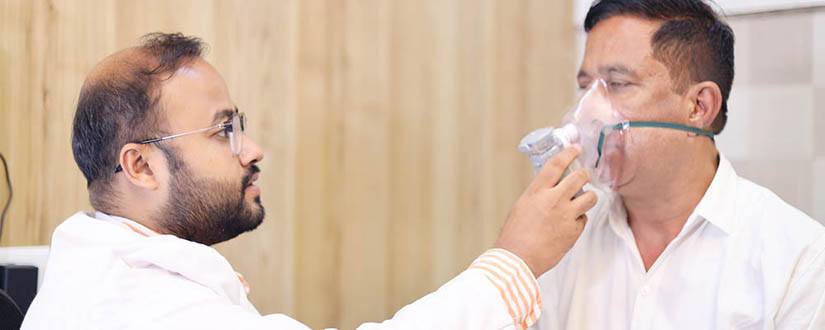Risk Factors for Mountain Sickness:
- Rapid ascent: Ascending quickly increases the risk of developing mountain sickness. It is recommended to ascend gradually, allowing your body time to acclimatize.
- Altitude history: Individuals with no prior experience at high altitudes are at an increased risk.
- Pre-existing medical conditions: Certain medical conditions such as heart disease, lung disease, and anemia can increase the risk and severity of mountain sickness.
- Dehydration: Dehydration can worsen symptoms of mountain sickness. It is crucial to stay hydrated by drinking plenty of fluids throughout the ascent.
Preventing Mountain Sickness:
- Gradual ascent: Ascend slowly, allowing for acclimatization at different elevations. Experts recommend taking at least one rest day for every 3,000 feet (914 meters) of elevation gain.
- Hydration: Drink plenty of fluids before, during, and after your ascent. Aim for at least 3 liters per day.
- Eat well: Maintain proper nutrition by consuming high-carbohydrate meals and snacks.
- Listen to your body: Rest whenever you feel tired or experience symptoms. Avoid pushing yourself too hard.
- Appropriate medications: Consult your doctor regarding medications like acetazolamide, which can help prevent mountain sickness.

Managing Mountain Sickness:
- Descent: Descending to a lower altitude is the most effective treatment for mountain sickness.
- Rest: Get adequate rest and avoid strenuous activity until symptoms subside.
- Hydration: Continue drinking plenty of fluids.
- Pain management: Over-the-counter medications like ibuprofen or acetaminophen can help manage headaches and muscle aches.
- Medical attention: If symptoms worsen or do not improve with descent, seek immediate medical attention.
Artus Lungs Clinic: Your Partner in Mountain Travel:
At Artus Lungs Clinic, we are dedicated to providing comprehensive care for individuals planning high-altitude adventures. Our experienced team of pulmonologists and travel health specialists can help you prepare for your trip by:
- Assessing your risk of mountain sickness: Based on your medical history and travel plans, we can assess your individual risk and provide personalized recommendations.
- Developing a customized acclimatization plan: We will help you plan an appropriate ascent schedule that allows for gradual acclimatization and minimizes your risk of mountain sickness.
- Providing essential medications: We can prescribe necessary medications like acetazolamide to prevent or manage mountain sickness symptoms.
- Offering expert advice: We can answer your questions and provide valuable advice regarding hydration, nutrition, and other essential aspects of high-altitude travel.
By preparing properly and seeking expert guidance, you can safely and enjoyably conquer your mountain adventure. Contact Artus Lungs Clinic today for personalized mountain travel consultation and ensure a healthy and memorable experience.
Remember, it is crucial to prioritize your safety and well-being when venturing to high altitudes. Let Artus Lungs Clinic be your partner in preparing for and managing mountain sickness, allowing you to focus on the breathtaking journey ahead.






